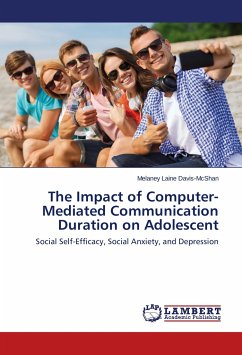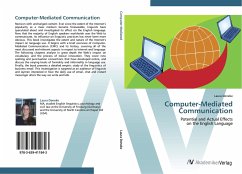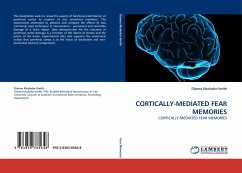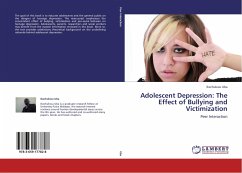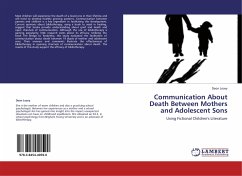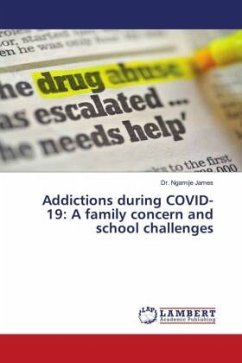Computer-mediated communication has taken today's society by storm. Research shows that adolescent use continues to rise; however, there has been little examination on the impact that CMC duration has on adolescent social self-efficacy, social anxiety, or depression. This study looks for correlations and relationships between adolescent (11-19 year olds) CMC duration and their social self-efficacy, social anxiety, and depression. Moreover, the author examines the relationship between CMC duration and CMC restrictions/monitoring to determine if there suggests a moderating relationship between the two. Although in this study, there is no significant relationship between CMC duration and restrictions at the p=.05 level, there is a suggested trend with a significance at the p=.07 level. Additionally, when CMC duration and restrictions are used as interaction variables, there does show a significant relationship with adolescent social self-efficacy. This information is valuable for parents, educators, and other stakeholders in planning, protecting, and understanding the adolescent and their fascination with technology and its application to their social life.

